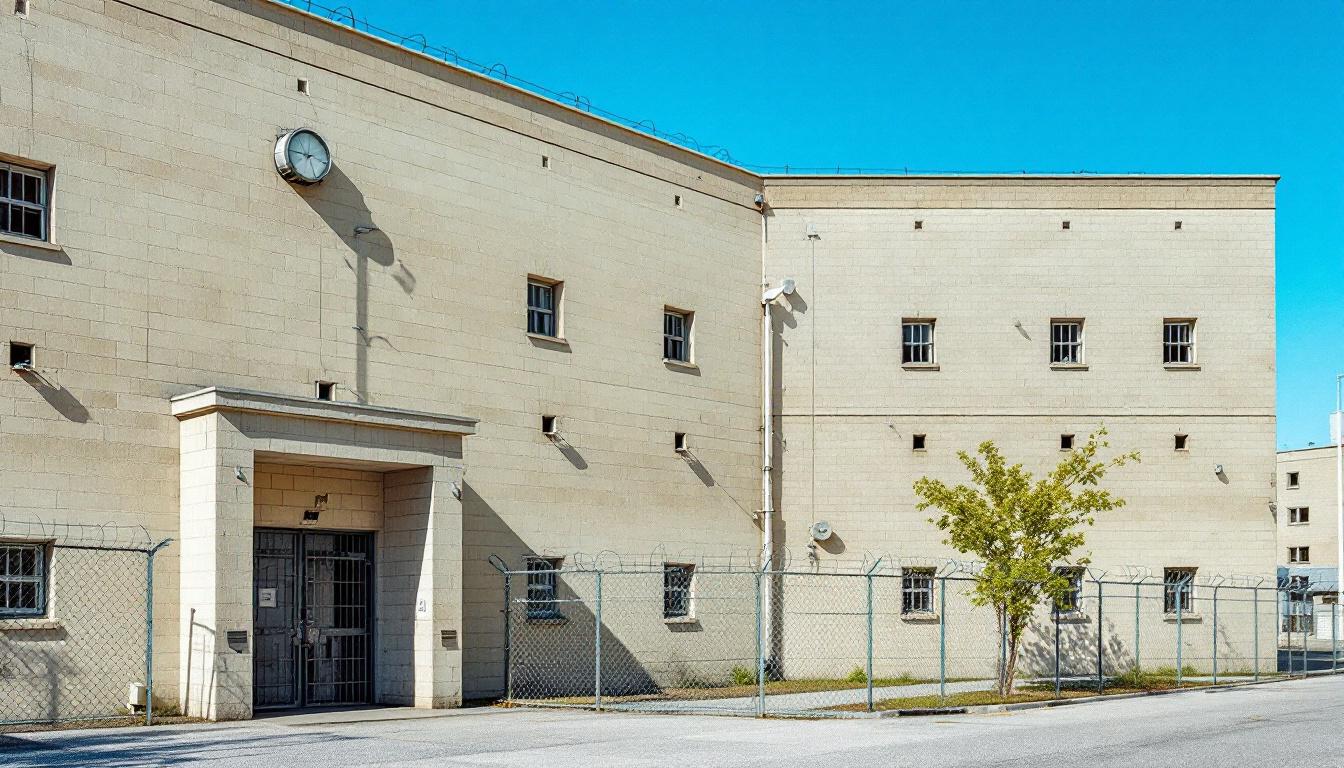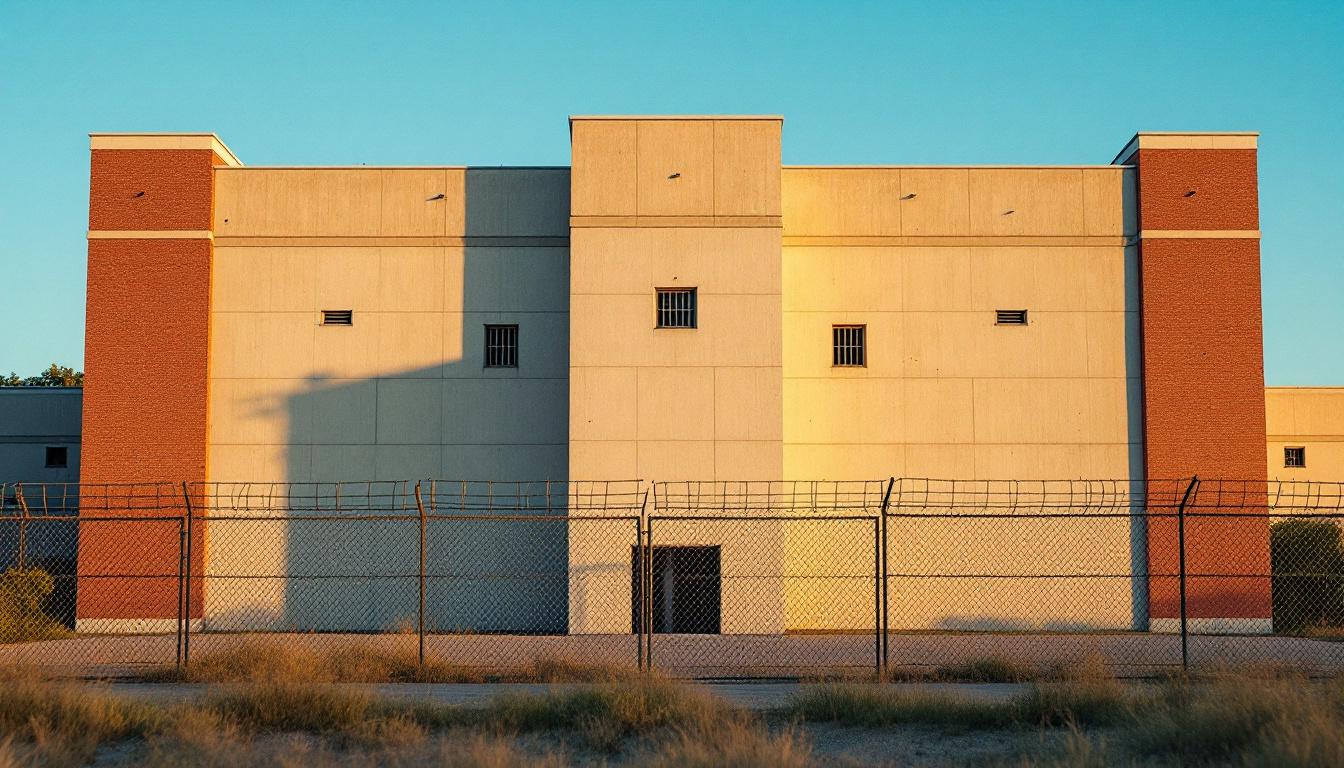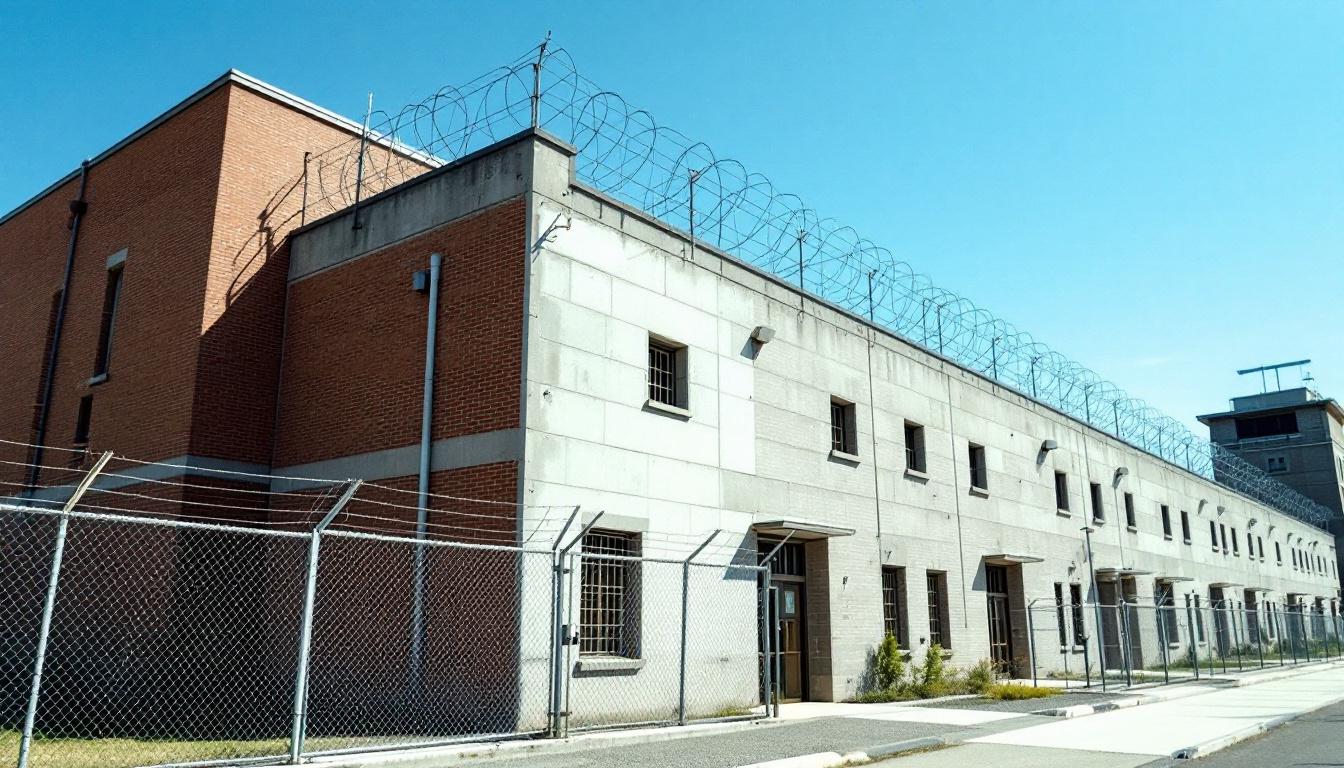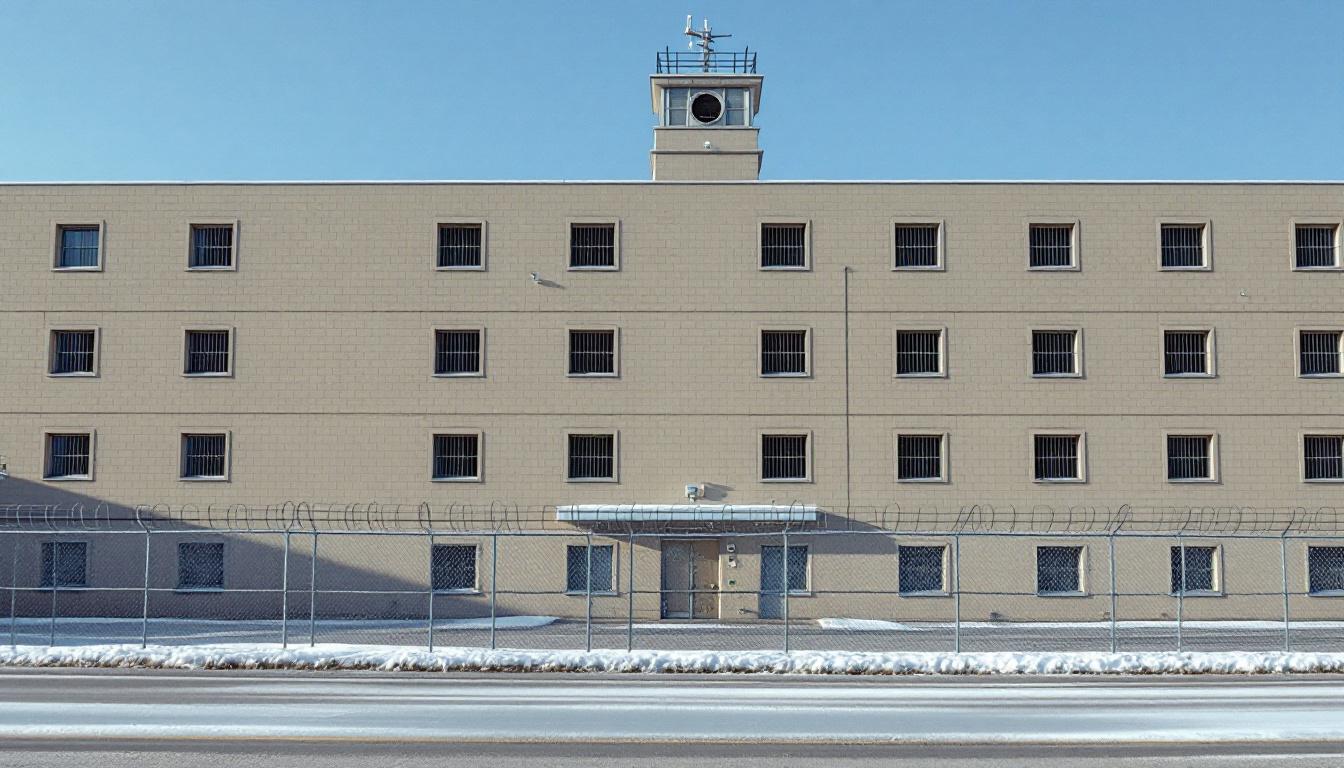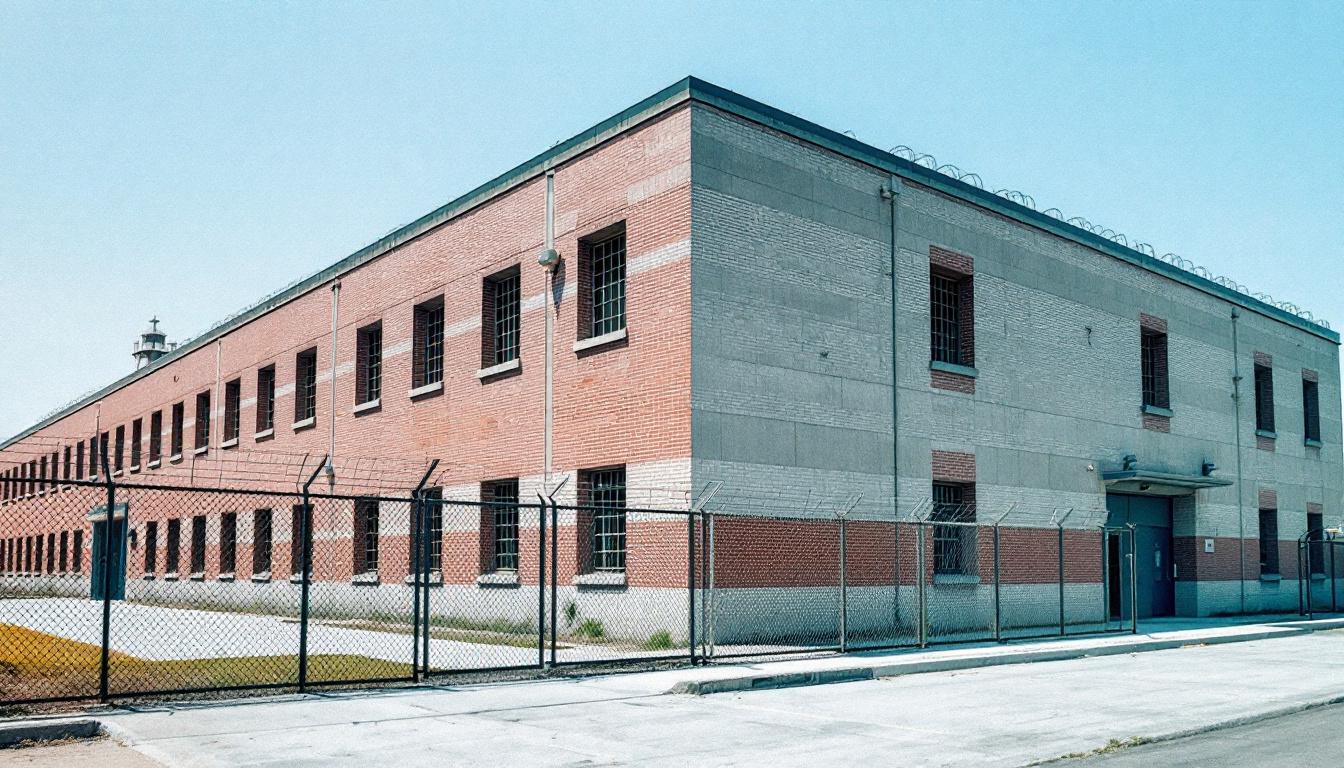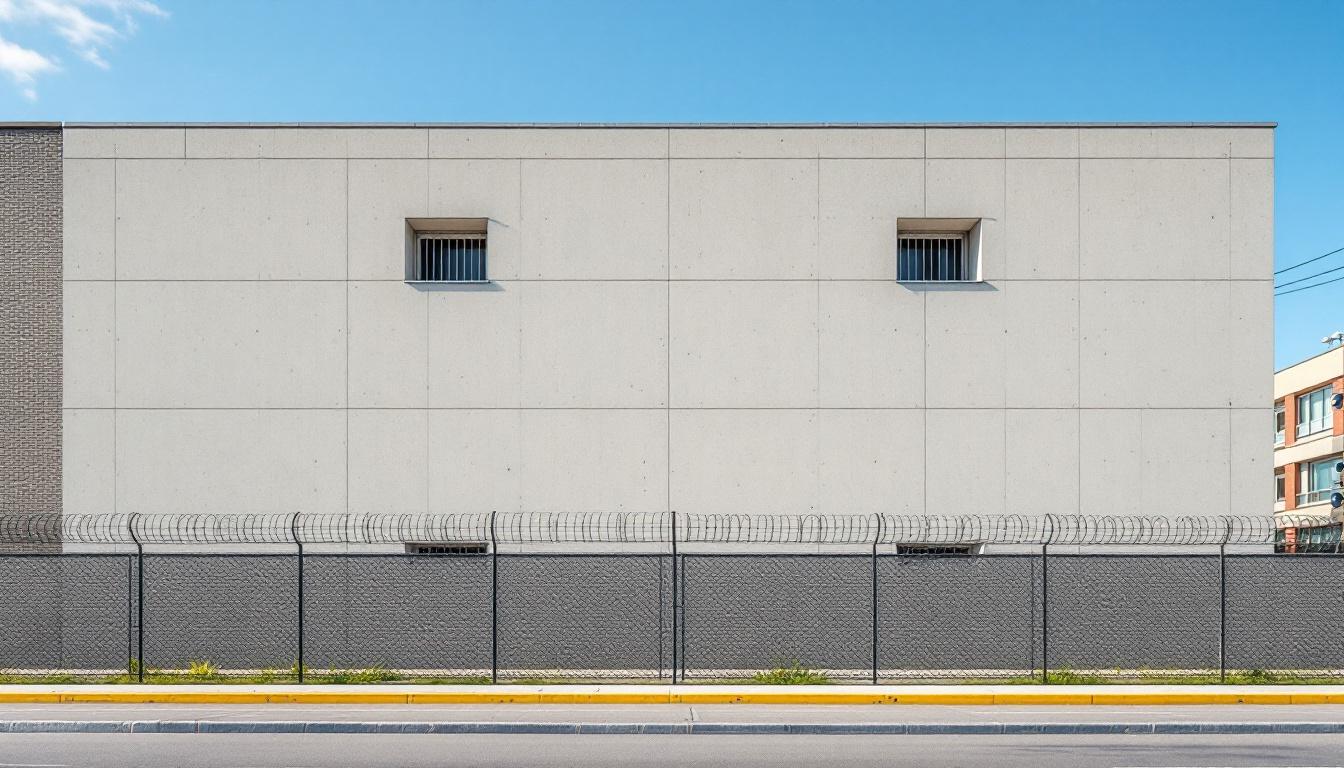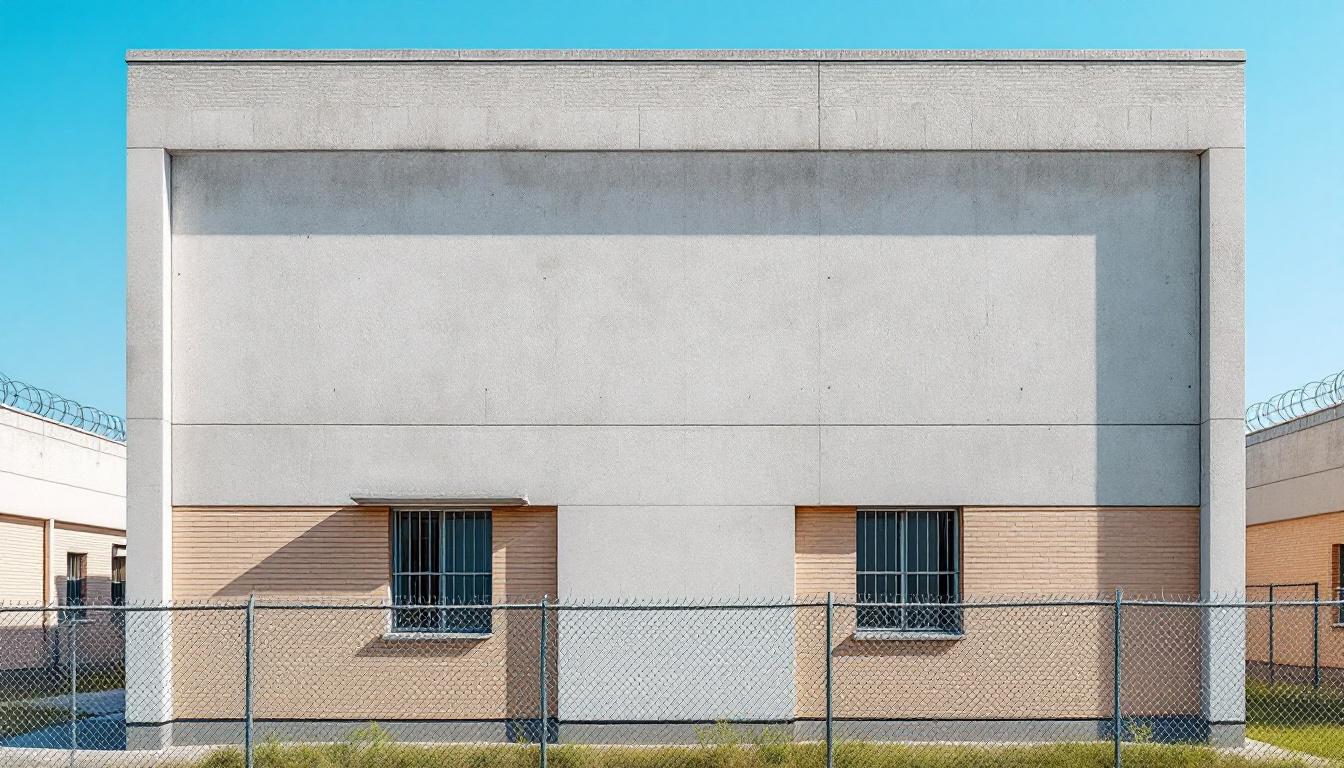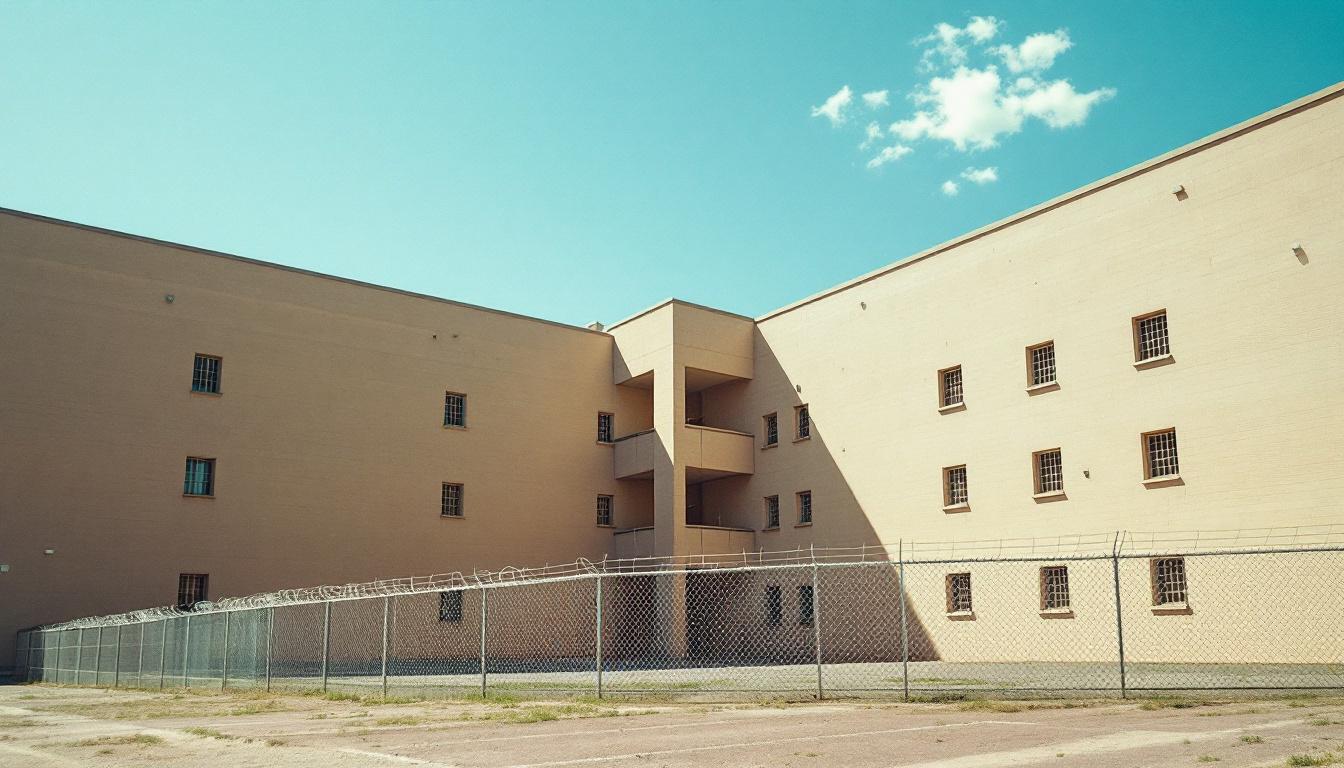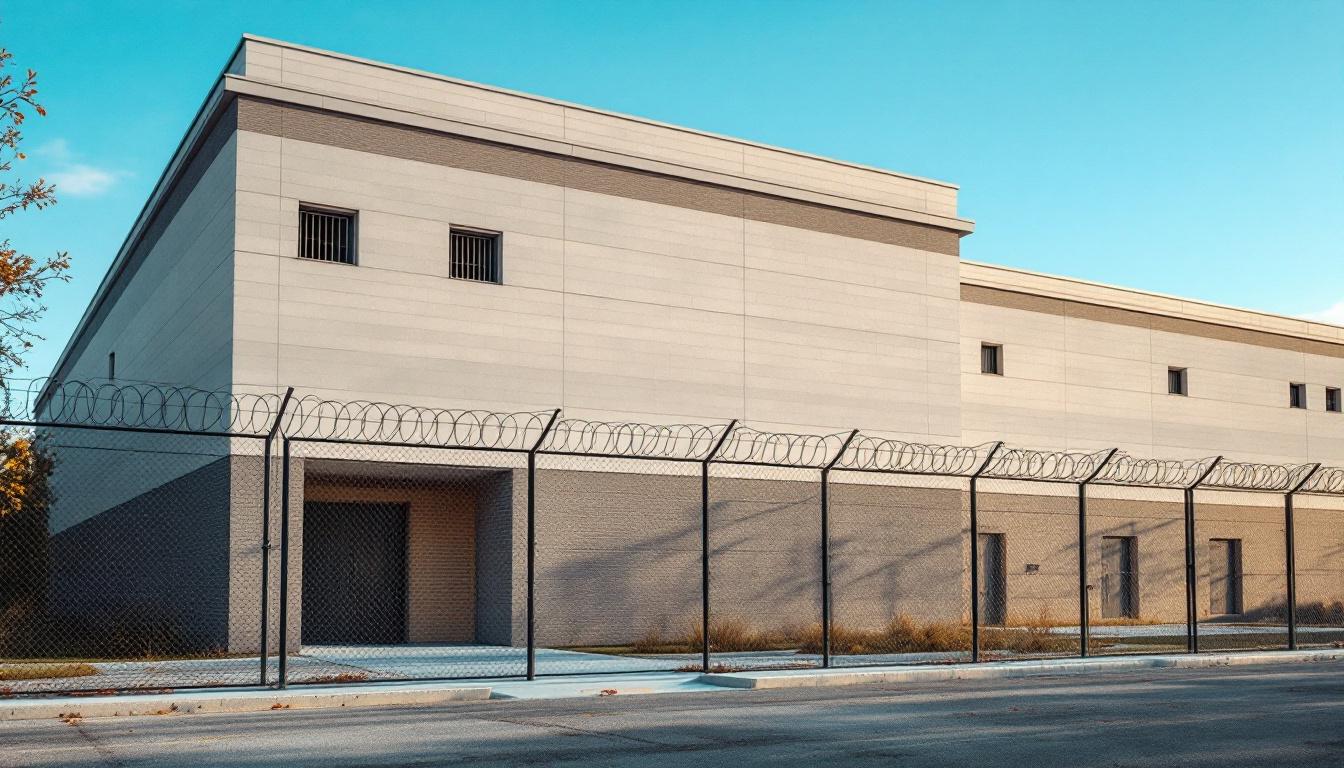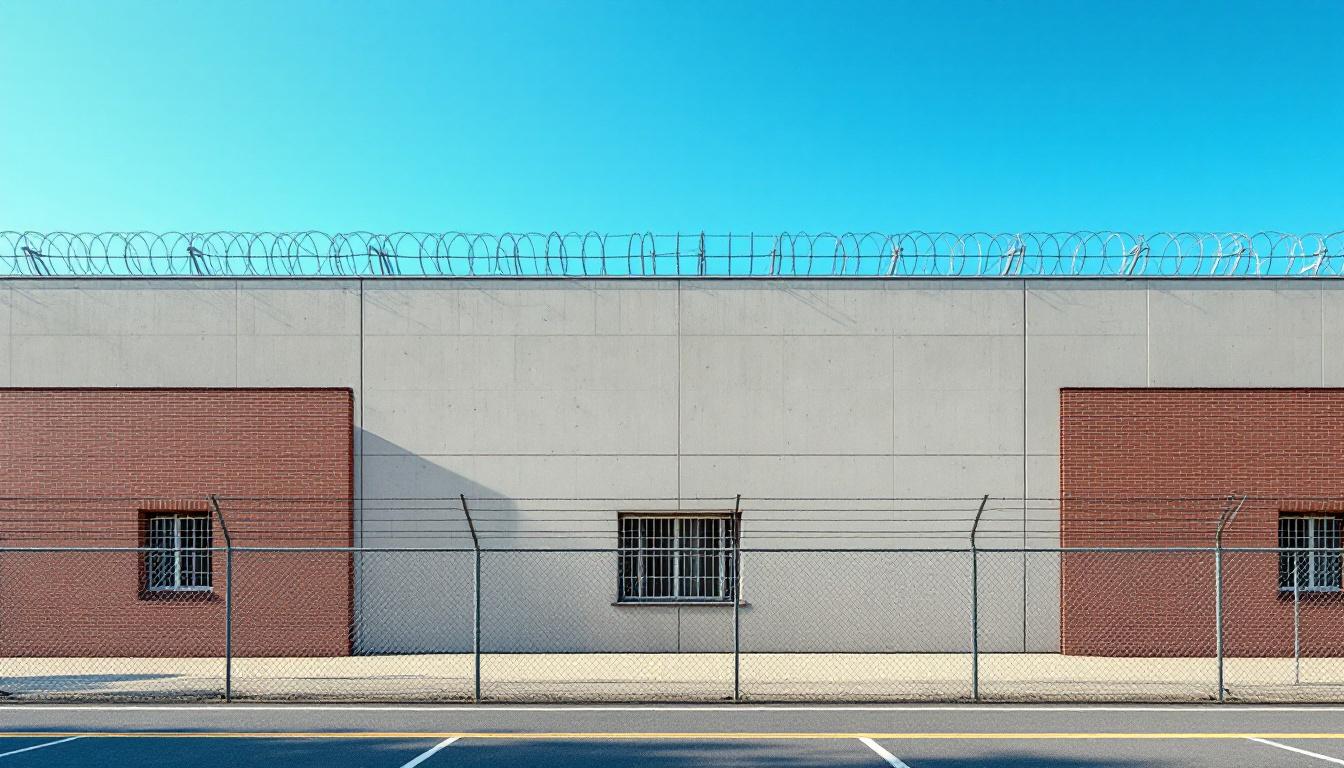
Quick Navigation
How to contact an inmate at Casey County Detention Center
This comprehensive guide will walk you through how to connect with an inmate at Casey County Detention Center. Follow the steps below to find an inmate and send letters and photos:
- Search for the inmate using our search tool below
- Create your account or log in to Penmate
- Write your message (up to 6,000 characters)
- Send instantly - inmates receive printed copies daily
Find an Inmate
Search for an inmate to start communicating today
Tip: You can search by first name, last name, or inmate ID number
To contact a person at Casey County Detention Center start by searching for the person on the official facility website. Perform a search by following these steps:
- Step 1: Enter their first name and last name into the search form and click "Search"
- Step 2: Locate their inmate record
- Step 3: Write down their Inmate ID and any housing information provided
Important! Be sure to enter the person's full name. Nicknames should not be used.
How to Send Messages to Inmates

You can use your phone or computer to send emails, letters, and photos to an inmate. Messages are sent electronically to inmate tablets or kiosks at the facility. If you would like to send a message, start by searching for an inmate at Casey County Detention Center.
Sending Photos and Postcards

A great way to send love and support to a loved one at Casey County Detention Center is to send photos and postcards. It only takes a few minutes to send photos from your phone and it makes a huge difference. You can also mail postcards with words of support and inspiration, or design your own postcard for special moments like birthdays and holidays.
Important! Be sure not to send any explicit photos or they may not be approved by the facility. You can also use a photo printing app like Penmate to make sure your photos are printed at the correct size (4x6 or 3x5) and are mailed according to the rules and regulations of Casey County Detention Center.
Frequently asked questions about Casey County Detention Center
-
How long does it take to deliver a message?
If you're sending an email message your letter is usually delivered within 24-48 hours. For messages sent via mail you should expect delivery within 3-7 days. All messages will need be approved by Casey County Detention Center.
-
How much does it cost to send a message to Casey County Detention Center?
You can send a message free using your phone or mail a message via USPS for the price of a $0.60 stamp and envelope. You can also purchase credits or e-stamps from services starting at $1.99.
-
What services can I use to contact an inmate at Casey County Detention Center?
Penmate
You can use Penmate to send letters and photos to an inmate from your phone. It's an easy way to stay in touch during your loved one's incarceration. Use the inmate locator to find an inmate's location and contact information, then you can send messages within a few minutes.
Securus messaging
Securus may be another option for communicating with an inmate at Casey County Detention Center. You can create a friends and family account and purchase credits to send messages. All messages will be reviewed and must be approved by the facility.
JPay
Some county jails and state prisons may support sending messages with JPay. You must register an account with the system, find your loved one, and purchase stamps to send messages. For some locations you can also attach photos.
Smart Jail Mail
You may also check if Smart Jail Mail is available at Casey County Detention Center. Smart Jail Mail is operated by Smart Communications and has contracted with some state and county jails. After purchasing credits, your messages and photos are sent to the facility, printed out, and then handed out to your loved one.
-
What is the mailing address of Casey County Detention Center?
Mailing address:
Casey County Detention Center
169 Court House Square
Liberty, KY 42539
Phone: (606) 787-1758Business hours:
- Monday: 8:00 AM – 4:00 PM
- Tuesday: 8:00 AM – 4:00 PM
- Wednesday: 8:00 AM – 4:00 PM
- Thursday: 8:00 AM – 4:00 PM
- Friday: 8:00 AM – 4:00 PM
- Saturday: Closed
- Sunday: Closed
-
What are the visiting hours at Casey County Detention Center?
Visiting hours at Casey County Detention Center vary by housing unit and security level. Generally, visits are scheduled on weekends and holidays, with some facilities offering weekday visits. Contact the facility directly at (606) 787-1758 or check their website for the current visiting schedule. Visits typically last 30-60 minutes and must be scheduled in advance.
-
What items are prohibited when sending mail to Casey County Detention Center?
Prohibited items typically include: cash, personal checks, stamps, stickers, glitter, glue, tape, staples, paperclips, polaroid photos, musical or blank greeting cards, hardcover books, magazines with staples, and any items containing metal or electronics. Only send letters on plain white paper with blue or black ink. Photos must be printed on regular photo paper (no Polaroids). Always check with Casey County Detention Center for their specific mail policies.
-
How do I send money to an inmate at Casey County Detention Center?
You can send money to an inmate at Casey County Detention Center through several methods: 1) Online using JPay, Access Corrections, or the facility's approved vendor, 2) Money orders mailed directly to the facility with the inmate's name and ID number, 3) Kiosks located in the facility lobby, or 4) Over the phone using a credit or debit card. Fees vary by method, typically ranging from $2.95 to $11.95 per transaction.
-
Can I schedule a video visit with an inmate at Casey County Detention Center?
Many facilities now offer video visitation as an alternative to in-person visits. At Casey County Detention Center, video visits may be available through services like Penmate, Securus Video Connect, GTL, or ICSolutions. Video visits typically cost $10-20 for 20-30 minutes and must be scheduled in advance. You'll need a computer or smartphone with a camera and reliable internet connection. Contact the facility for their specific video visitation policies and approved vendors.
-
What identification do I need to visit an inmate at Casey County Detention Center?
All visitors must present valid government-issued photo identification such as a driver's license, state ID, passport, or military ID. Minors must be accompanied by a parent or legal guardian who can provide the minor's birth certificate. Some facilities require visitors to be on the inmate's approved visitation list, which may require a background check. Contact Casey County Detention Center for specific ID requirements and visitor approval procedures.
-
How can I find out an inmate's release date?
To find an inmate's release date at Casey County Detention Center, you can: 1) Use the online inmate search tool if available, 2) Call the facility's records department, 3) Contact the inmate's case manager or counselor, or 4) Have the inmate provide this information during a call or visit. For privacy reasons, some facilities only release this information to immediate family members.
Facility Overview
Contact Information
Casey County Detention Center169 Court House Square
Liberty, KY 42539
Phone: (606) 787-1758
Official Website

About Casey County Detention Center
Nestled within the rolling hills of south-central Kentucky, Liberty serves as the county seat where Casey County Jail operates as a vital component of the Commonwealth’s broader correctional infrastructure. This KY correctional facility maintains its commitment to public safety while simultaneously addressing the complex needs of individuals within the justice system, recognizing that effective incarceration extends far beyond mere containment to encompass meaningful preparation for community reintegration.
The facility typically emphasizes educational opportunities and skill development programs that may include basic literacy instruction, vocational training components, and substance abuse counseling services. These residents services often reflect Kentucky’s growing recognition that successful rehabilitation requires addressing underlying factors that contribute to criminal behavior. The jail generally maintains connections with local community organizations and may offer religious services, mental health support, and family visitation programs designed to preserve important social bonds during incarceration.
Within Kentucky’s correctional framework, this county jail serves the dual purpose of housing pre-trial detainees and individuals serving shorter sentences, while also functioning as a stepping stone in the broader rehabilitation process. The facility’s location in Liberty positions it to serve not dedicated Casey County residents but also to coordinate with state-level correctional initiatives, contributing to Kentucky’s evolving approach toward evidence-based corrections that prioritize both community safety and offender accountability through structured programming and support services.
Programs & Services
Comprehensive rehabilitation initiatives at Casey County Jail in Kentucky center on addressing the root causes that often contribute to incarceration while preparing residents for successful community reintegration. The facility typically emphasizes a multi-faceted approach that recognizes education, skill development, and therapeutic intervention as essential components of meaningful change. These evidence-based initiatives may deliver structured programming designed to help residents develop both practical skills and personal coping strategies that support long-term stability.
Educational services form a cornerstone of the facility’s rehabilitation efforts, with high school diploma programs often providing residents the opportunity to complete their secondary education in a supportive environment. These academic initiatives typically include individualized instruction that accommodates varying educational backgrounds and learning styles. In addition to this, vocational programs may offer hands-on training in trades and technical skills that align with local employment opportunities, helping residents develop marketable abilities that can lead to sustainable careers upon release. Prison industries initiatives often complement these educational efforts by providing real-world work experience that reinforces both technical skills and workplace readiness.
Therapeutic initiatives address the underlying challenges that frequently contribute to criminal behavior, with substance abuse treatment programs typically offering evidence-based interventions including counseling, education, and relapse prevention strategies. Mental health counseling services may provide individual and group therapy sessions designed to help residents develop healthy coping mechanisms and address trauma or behavioral health concerns. These support services often work in coordination with educational and vocational programming to create a comprehensive approach that addresses residents’ diverse needs while building the foundation for successful community reentry and reduced recidivism.
Daily Life & Visitation
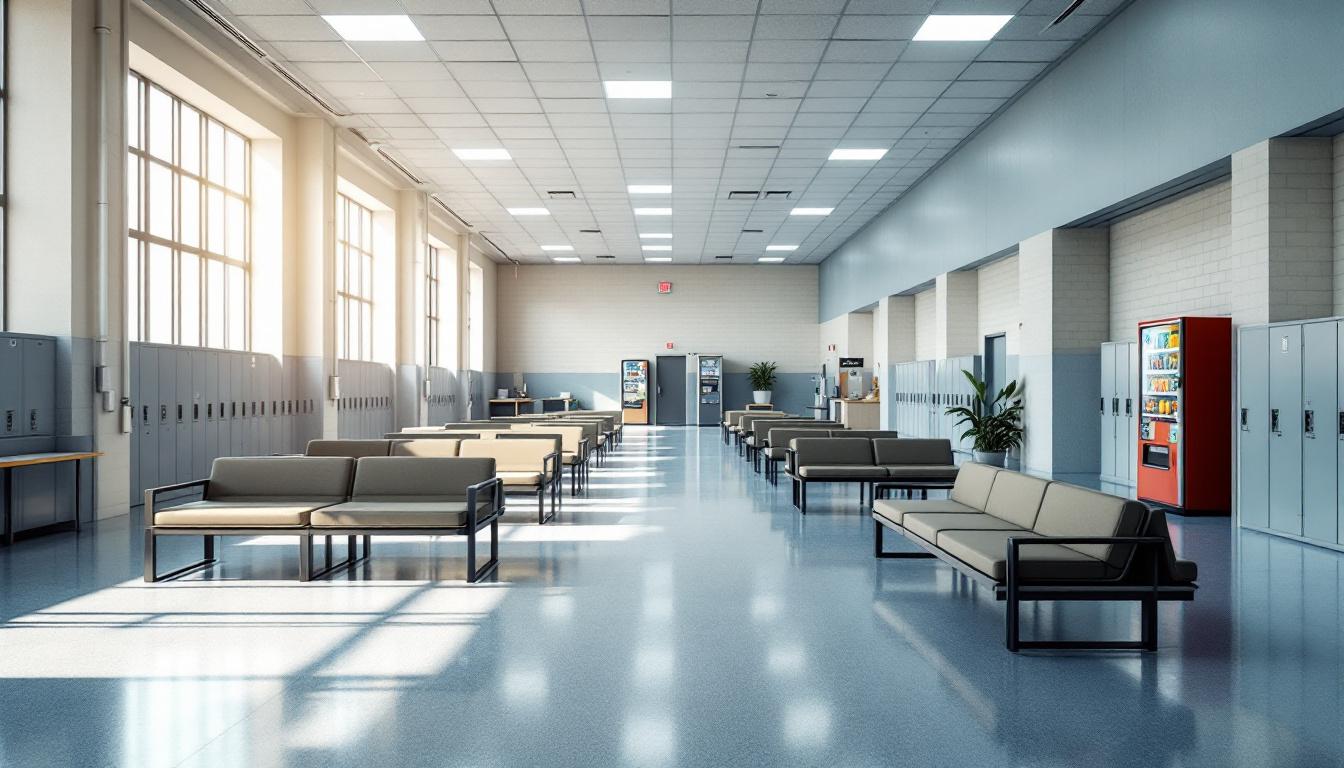
Structure defines each day for residents, with consistent wake-up calls, meal times, and scheduled activities that create predictability in an otherwise uncertain environment. Today’s routine typically begins early in the morning with breakfast service, followed by housing unit cleaning assignments and preparation for various programming activities. This framework consistently helps residents establish healthy patterns and provides clear expectations throughout their stay.
Living accommodations at Casey County Jail generally include dormitory-style housing units or individual cells, depending on classification levels and available space. Residents typically receive basic bedding, hygiene items, and storage space for approved personal belongings. Meals are usually served in designated dining areas or delivered to housing units, with breakfast, lunch, and dinner provided at regular intervals. The commissary system generally allows residents to purchase additional food items, hygiene products, and writing materials, though availability may depend on account funds and facility policies.
In addition to this basic structure, recreational opportunities often include television viewing, reading materials, and limited exercise periods in designated areas. Work assignments may deliver additional structure through kitchen duties, cleaning responsibilities, or facility maintenance tasks that help residents stay engaged and contribute to daily operations. Despite this controlled environment, family connections remain important through scheduled visitation periods and telephone access, typically allowing residents to maintain contact with loved ones during their stay. Programming schedules may also include educational opportunities, substance abuse counseling, or religious services that support personal development and prepare residents for eventual release.
Ready to Connect?
Start communicating with your loved one today
Search for an Inmate
